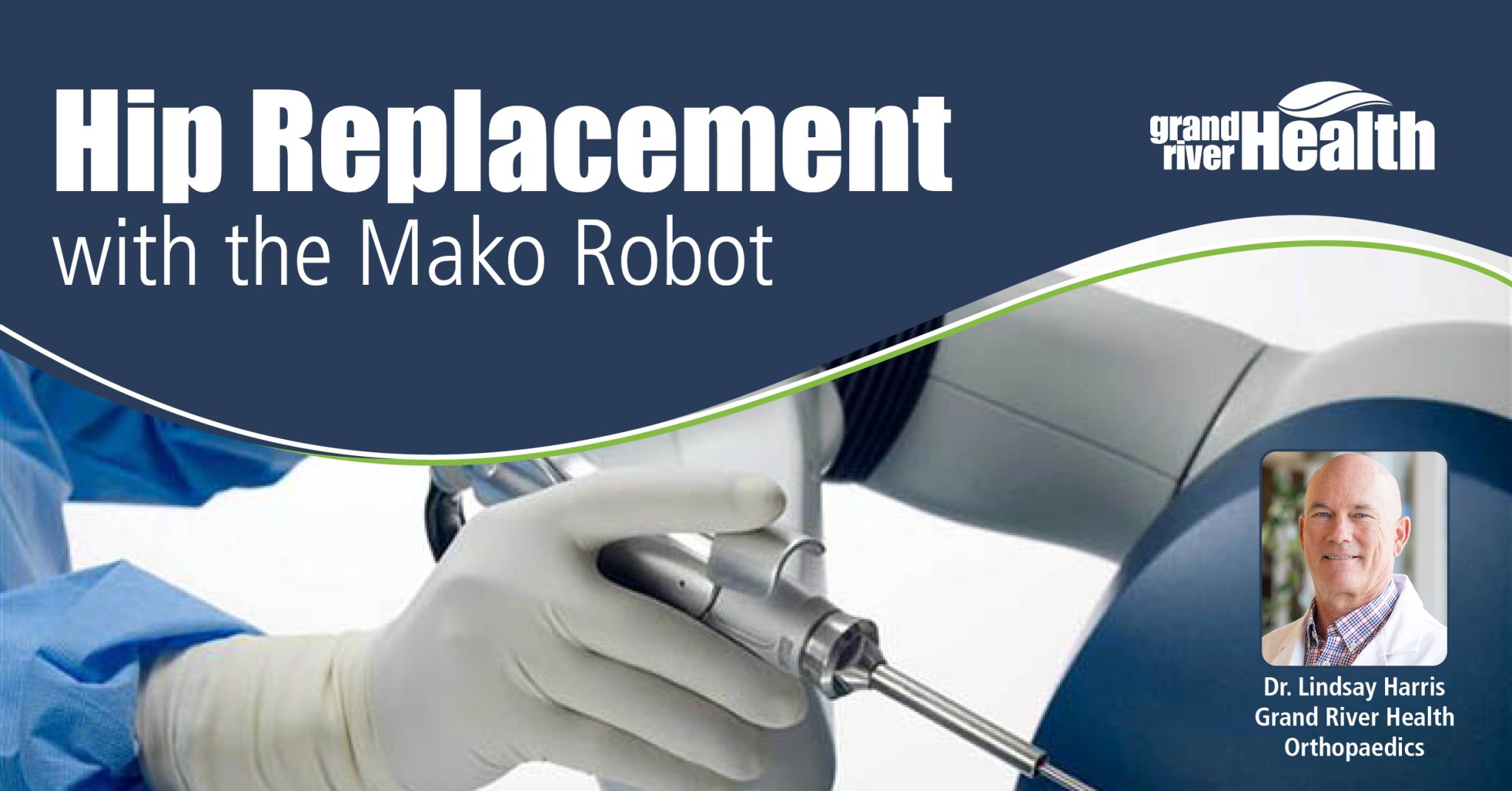Do you think you’ve had COVID-19?
For a limited time, Grand River Health is scheduling office visits with appropriate COVID-19 testing for patients who have had symptoms consistent with COVID-19. If you have had unexplained cough fever, chills, shortness of breath, muscle aches, shortness of breath in the last three months and would like to meet with a provider at Grand River Health to discuss COVID-19 testing, please call (970) 625-1100 to set up an appointment. All patients will be screened appropriately and patients with current symptoms will be scheduled for appointments in the respiratory clinic. Limited testing available and appointments will be scheduled on a first come first served basis. Anticipated availability of testing to the public is May 18th through June 1st.
GRAND RIVER HEALTH DEPARTMENT
SARS Cov-2/COVID-19 Point-Of-Care Antibody Testing
BACKGROUND
Different approaches to testing for COVID-19 are being taken across the United States and other countries. To date, there is not a widely agreed upon testing strategy and policies vary given the myriad considerations influencing testing including supplies, shortages, priorities, access, inherent strengths/limitations of the tests themselves, and the population in which they are deployed.
In the United States, some states are testing health care workers who have been in contact with known exposures (people who have tested positive) or who are symptomatic, or patients with known exposure and symptoms, or people who are immune-compromised and symptomatic. Most testing strategies employ real-time reverse transcription polymerase chain reaction. This involves obtaining a nasal swab or sputum sample from the patient which is then placed in a solution and combined with an enzyme that modifies the viral RNA which then binds to DNA specific for the SARS Co. V2 virus. The DNA is then amplified over many subsequent steps to the point where it is readily detectable. Inadequate test samples or too early/late after exposure can limit the accuracy of the test. This type of testing is more reliable in the acute phase of symptoms. If a test is positive, the patient has COVID-19.
Another type of test being utilized for COVID 19 is an antibody test. This typically involves a point-of-care assay where a drop of the patient’s blood is analyzed for antibodies to SARS Cov-2, the virus which causes COVID-19. These antibodies are created by the body’s immune system to fight off the virus and can provide information regarding someone’s infection history. A positive antibody test indicates someone has had COVID-19 or was exposed to the SARS Cov-2 virus even if they were never diagnosed or felt sick. A positive test does not necessarily indicate active infection or whether someone is capable of spreading the virus. There is a small chance that a positive test could indicate prior exposure or infection with a different coronavirus leading to a false positive result. The more time has passed since a person’s exposure to the SARS COV-2 virus, the more likely the point-of-care antibody test will accurately detect antibodies to the virus. For example, the test is more effective in ruling out a prior COVID-19 infection in someone exposed to the virus three weeks before testing versus someone exposed two days before testing.
A point-of-care antibody test may reveal if a person might have developed immunity to COVID-19. To date, it is unknown whether someone who has had and recovered from COVID-19 is protected from getting it again or how long this immunity might last. If antibodies to COVID-19 convey immunity to the virus, antibody testing may help to identify critical workers who have developed immunity. Such individuals would still be required to take appropriate safety precautions including use of personal protective equipment at work, however, they may be at lower risk for getting re-infected, compared to other workers without potential immunity.
It is widely accepted that testing is of paramount importance to gain a more complete understanding of COVID-19 and how best to prevent, diagnose, and treat it. As part of Grand River Health’s commitment to the health and well being of its patients, employees, and communities, point-of-care SARS Cov-2 antibody testing will be offered on a limited basis to the public. We believe that offering point-of-care antibody testing paired with appropriate follow-up PCR testing for the virus, will help us better understand how many individuals in the community have been exposed to the COVID-19 virus and help facilitate community re-opening and appropriate lifting of COVID-19 restrictions.








